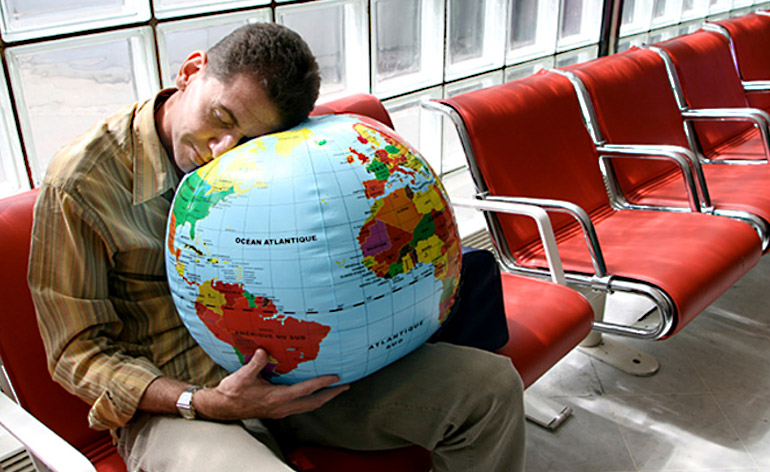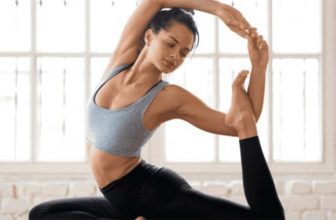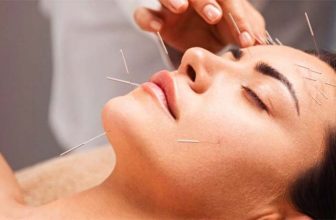
No matter what the level of your training be it professional, recreational or simply to keep fit, you may notice that you train better or worse at different times of the day. If you compete at a serious level, long distance travelling to training or competitions can sometimes prove to be an extra hurdle to clear in order to perform at your best.
The athletes competing in Rio later this year will be faced with these challenges. Here are 6 tops tips that you can take from them to combat jet lag, overcome the stress of an unsynchronized body clock and the accompanying time zone changes.
1. Nap
Any excuse! If sleep is affected by travel or simply stress, then a short nap can actually improve exercise performance. A 30 minute nap in the afternoon after a night of sleep deprivation has been shown to improve sprint performance by possibly reducing fatigue caused by sleep loss and enhancing readiness and motivation to perform.
Generally, sleep is a powerful tool to ensure optimal performance and is consequently vigorously monitored in elite sport both in terms of duration and quality. Napping is likely to be beneficial to exercise performance, whether it is long or short, provided the person can overcome sleep inertia.
2. Train at the time you will be competing
One thing I have taken from my own experience is that I train better in the afternoon-early evening as opposed to in the morning.
Likewise, this is also something I found working in team sports (football) as you would have some players that would thrive in the morning sessions but come the afternoon, they would be struggling a little.
We all have individual circadian rhythms (body clocks), some of us have an advanced rhythm (early bed and rise times) and some have evening types (late bed and rise times). There is also much scientific evidence that demonstrates that we as individuals may perform a particular exercise test better at certain points in the day. This can be an issue if you’re training for a specific event. So as a tip, try to train when you’re going to be competing – train your body clock! If you have a cycling event that starts at 9am then make sure you have some training sessions that take place before and around that time.
3. Time-specific training
A little more general than the one above, so could be applied to team sport or other situations where individual training time cannot be manipulated. The majority of evidence suggests that performance increases from morning to afternoon or evening.
Performance that is “anaerobic” based or strength based appears to peak in the early evening, even in those who are “morning types”. On the other hand, sport that requires technical ability (badminton, football and tennis) appear to be best performed in the afternoon and performances that are “aerobic endurance” based is better in the evening as opposed to the morning.
However, there are likely to be individual differences and if your race or event is at a particular time then it’s probably best to train at a similar time.
4. Allow time to adjust to time zone shifts
The body clock is located within the hypothalamus part of the brain and is predominantly affected by light, both artificial and natural.
Generally speaking, west to east travel is associated with impaired athletic performance because the body clock finds it more difficult to adjust to a short day, probably because your body clock is not strictly 24 hours long but more like 26 hours long. Allowing one day for each time zone crossed is a good rule and where possible, splitting the journey into 2 days if the time-zone transitions are closer to 12 hours.
Finally, in the days before travelling it may be a good idea to alter your daily routine to what you know it will be like once you have reached your destination. For example, the athletes heading to the Rio Olympics will begin practicing at home, their daily routines that they will have in Brazil. That means sleep times, meal times and training times will all be changed ahead of time to reflect that transition.
5. Hydration
Sweating allows body temperature to be maintained but does result in the loss of bodily water and electrolytes.
Dehydration impairs exercise performance, in fact as little as a 2% decrease in body weight via water loss will reduce exercise performance. Urine colour is a good indicator (clear not dark) and calculation of sweat rates (weight-loss during training being replaced with 150% fluid) around training sessions is a good strategy to ensure adequate rehydration.
If travelling via plane, then fluids should be regularly consumed during the flight to ensure you arrive in a hydrated state, particularly as the low water vapour in the cabin will increase fluid loss. If travelling to hot climates or training in the heat, the need for water may be 2-3 times greater and generally thirst is not a powerful indicator of dehydration.
6. Protein
Protein is made-up of amino acids and one amino acid in particular can be beneficial to inducing sleep during travelling or if sleep has been disrupted due to jet lag.
The amino acid tryptophan which raises the production of serotonin in the brain increases the feeling of sleepiness. Good sources include Greek yogurt, milk or simply a bowl of cereal. Furthermore, protein before sleep can also aid muscle repair and rebuilding between training sessions.









